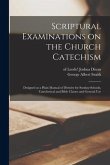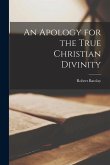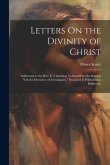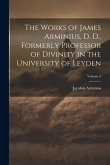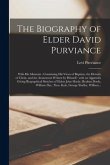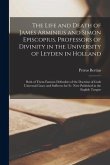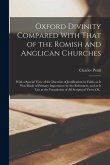The current discussion in theology undeniably raises important questions about the validity of using classical metaphysical terms to define the God presented in Scripture. This debate challenges an established tradition within Christianity that has effectively relied on metaphysical language to articulate God's distinct nature as depicted in the Bible. The early church fathers were keenly aware that the central issue was not solely a matter of logic-though that is certainly significant-but also a critical communication problem. Unlike pagan philosophers, who could freely speculate, the church fathers remained firmly anchored in the truths of Scriptural revelation. It is essential that theological discussions maintain fidelity to the sanctity of God's Word and the gospel message. This highlights the vital role of language in our discourse. This study will chart the evolution of metaphysical terminology that has shaped our understanding of divine essence and the Trinity. Ultimately, it aims to establish a "divine grammar" that facilitates clear, albeit analogical, discussions about the magnificent God as portrayed in the Bible.
Hinweis: Dieser Artikel kann nur an eine deutsche Lieferadresse ausgeliefert werden.
Hinweis: Dieser Artikel kann nur an eine deutsche Lieferadresse ausgeliefert werden.


